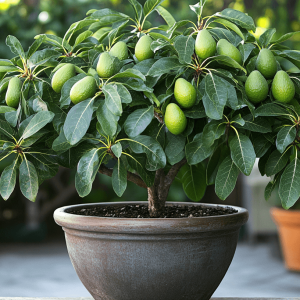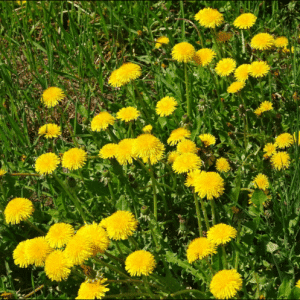
Senna alexandrina, commonly known as senna, is a flowering plant traditionally used for its medicinal properties. It is especially known for its effectiveness as a natural laxative but also has other health benefits and uses. Here are seven key benefits and uses of the Senna alexandrina plant:
1. Natural Laxative for Constipation Relief
- Senna is widely used as a natural remedy for constipation. Its leaves and pods contain compounds called sennosides, which stimulate bowel movements by irritating the lining of the colon. This makes senna an effective short-term treatment for constipation.
2. Detoxification and Colon Cleanse
- Often included in detox and cleansing regimens, senna is used to cleanse the colon by encouraging bowel movements. It helps flush out waste and toxins from the digestive tract, promoting a feeling of lightness and improving digestive health.
3. Weight Loss Support
- Due to its laxative effect, senna is sometimes used as part of weight loss teas or supplements to help temporarily reduce bloating and water retention. However, it’s important to note that senna should not be relied upon for long-term weight loss, as it primarily affects water weight.
4. Anti-Parasitic Properties
- Senna has been traditionally used to help expel intestinal parasites. Its compounds create an environment in the gut that is inhospitable for parasites, helping cleanse the body of these harmful organisms.
5. Skin Health
- When applied topically, senna can be used to treat certain skin conditions. Its antibacterial properties make it useful for treating conditions like acne and eczema. A poultice made from senna leaves can help reduce inflammation and irritation on the skin.
6. Improved Digestive Health
- In addition to its laxative properties, senna can stimulate the digestive system, promoting regular bowel movements. This can be beneficial for individuals with irregular digestion or those prone to occasional digestive discomfort.
7. Traditional Medicine Use for Fevers and Inflammation
- In traditional medicine, especially Ayurvedic practices, senna is used to reduce fever and inflammation. While not a primary treatment for these conditions, senna’s mild anti-inflammatory properties can provide support in managing fever-related symptoms and inflammation.
Precautions and Side Effects
While senna offers several health benefits, it’s essential to use it carefully:
- Short-Term Use Only: Senna is recommended for short-term use due to its strong laxative effects, which can cause dependency if used for extended periods.
- Potential Side Effects: Overuse can lead to dehydration, electrolyte imbalance, and cramping.
- Avoid in Pregnancy: Pregnant and breastfeeding women should avoid senna, as it may stimulate uterine contractions.
- Consultation: Always consult a healthcare professional before using senna, especially if you have digestive disorders or are on medication.
How to Use Senna
- Tea: The most common way to use senna is as a tea. Steep 1-2 grams of dried senna leaves in hot water for 5-10 minutes. Consume in moderation, typically before bed.
- Powder or Capsules: Senna powder and capsules are also available as supplements, providing a convenient way to use it.
Senna alexandrina is a powerful plant with several beneficial applications, especially in digestive health and natural cleansing. Used responsibly, it can be a valuable addition to your herbal medicine cabinet.
The Blechnaceae family of plants, primarily consisting of ferns, is a remarkable group with a long history of traditional use and ecological significance. Found in tropical, subtropical, and temperate regions around the…
Jatropha gossypifolia, commonly known as bellyache bush, cotton-leaf physic nut, or wild physic nut, is a perennial shrub that belongs to the Euphorbiaceae family. Native to tropical regions of the Americas, this plant…
Fig sap, the milky fluid extracted from the stems and leaves of the fig tree (Ficus carica), has been used for centuries in traditional medicine and skincare. While the fruit of the fig tree gets most of the attention…







Your article helped me a lot, is there any more related content? Thanks! binance